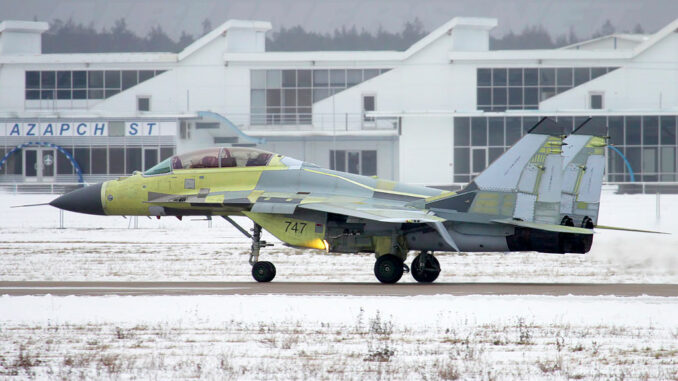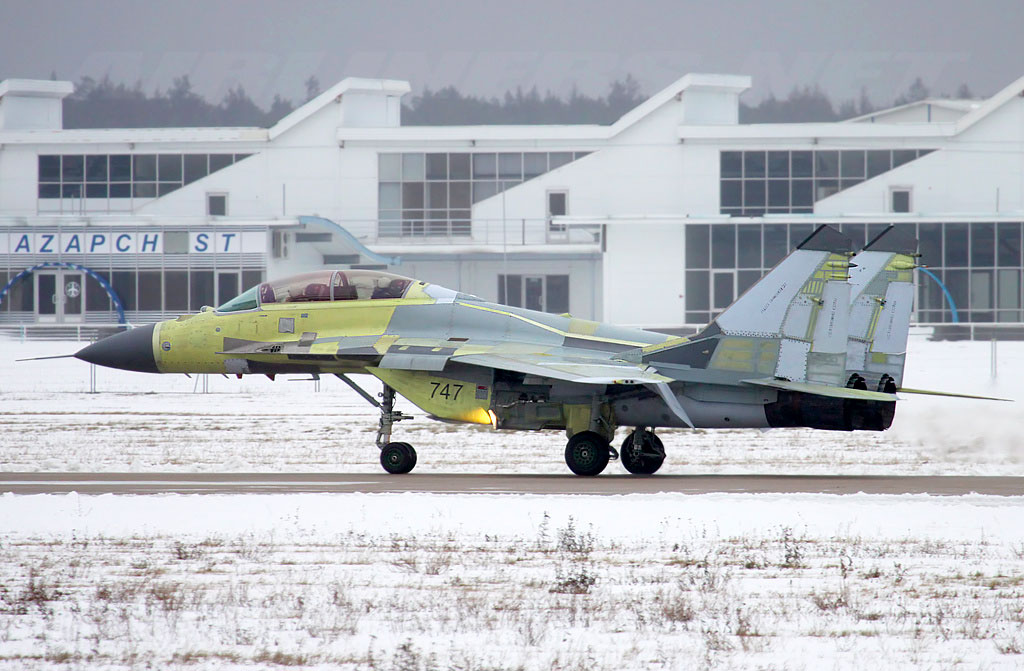
Analysis of the risks and military implications for Russian bases in Syria in the face of advancing rebel forces and Moscow’s limited resources.
Russian military bases in Syria, notably Khmeimim airbase and the naval port of Tartous, play a key strategic role for Moscow in the Mediterranean. These facilities enable Russia to maintain a military presence in the region, project its power and support the Syrian regime. However, the rapid advance of rebel forces towards these areas is jeopardizing their security. The weakening of Russian resources, partly due to the war in Ukraine, complicates defense capabilities. The consequences of losing these bases would be significant, not only for Russia, but also for the geopolitical balance in the region.
Since 2017, Russia has operated two strategic bases in Syria: the Khmeimim air base in Latakia and the naval port of Tartus. These facilities guarantee Moscow unique access to the Mediterranean and enable extended operations. However, the offensive by rebel forces in Syria poses a direct threat to these bases. This complex context is exacerbated by Russia’s limited resources, mobilized in the Ukrainian conflict.
The strategic importance of Russian military bases
The Khmeimim air base and the port of Tartous are essential to Russian military operations in the Mediterranean.
- Khmeimim:
- Located around 35 km from rebel forces, this base is equipped with advanced anti-aircraft systems such as the S-400.
- It has been used to support air campaigns in Syria and North Africa, and to project a strategic presence.
- The base features extensive runways capable of accommodating strategic aircraft such as Tu-22Ms and Su-35s.
- Tartous:
- Russia’s only naval facility in the Mediterranean, it enables extended maritime operations.
- It played a key role in the transfer of equipment to the war in Ukraine.
Key data: In 2024, Russia has invested in reinforced infrastructure, but the rebel offensive is putting these efforts at risk. The loss of these bases would significantly reduce Moscow’s ability to operate in the region.
The advance of rebel forces: a growing threat
The current rebel offensive, led mainly by Hayat Tahrir al-Sham (HTS), is directly targeting areas under Syrian regime control, particularly in the northwest.
- Critical distance: The rebels are 35 km from Khmeimim and less than 50 km from Tartous.
- Captured equipment: Rebel forces are using seized equipment such as multiple rocket launchers and kamikaze drones.
Possible consequences:
- The rebels’ approach increases the risk of long-range attacks on Russian bases.
- Increasingly sophisticated drones complicate anti-aircraft defense.

The impact of Russia’s limited resources
Since the start of the war in Ukraine, Russia’s military resources have been severely stretched:
- Much of the air capacity deployed in Syria has been redeployed to Eastern Europe.
- Military personnel in Syria have been reduced, affecting the quality of local defenses.
Example: The active air fleet in Khmeimim has fallen from 40 aircraft in 2017 to around ten in 2024, mainly Su-34s and Mi-24s for close support missions.
Geopolitical consequences of losing the bases
The loss of Syrian bases would have major repercussions:
- Reduced power projection: Russia would lose its direct access to the Mediterranean, limiting its ability to monitor and threaten NATO fleets.
- Weakened alliance with Syria: Without tangible military support, the Assad regime could falter in the face of rebel offensives.
- Regional realignment: neighboring countries could review their alliances in the face of a weakened Russia.
Illustration: In 2019, bases supported up to 75% of Russian operations in Syria. By 2024, they had become isolated strongholds.
Future scenarios and potential solutions
- Strengthening defenses: Increased military resources in Khmeimim and Tartous are needed to counter the rebel advance.
- International support: Moscow could call on allies, notably Iran, to compensate for its logistical weaknesses.
- Strategic evacuation: If the situation deteriorates further, an evacuation of sensitive equipment could be envisaged.
Russian bases in Syria remain a strategic hub for Moscow, but they are facing increasing threats. How the situation evolves will depend on Russia’s ability to mobilize its limited resources while managing its commitments on several fronts.
War Wings Daily is an independant magazine.